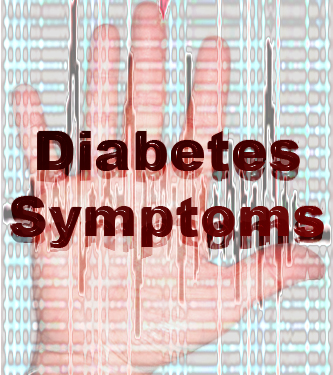 By TERRY O’CONNOR Email: "Boca Health Clinic to offer holiday antidote" Fact Box
By TERRY O’CONNOR Email: "Boca Health Clinic to offer holiday antidote" Fact Box
Who: Dr. Anthony DiTomaso
What: “The Myths and Truths about Common Gastrointestinal Disorders”
Where: Boca Grande Community Center
Why: Boca Grande Health Clinic Physicians Lecture series
You should know: Reception afterward in Woman’s Club Room.
Upset stomach or serious disorder?
The holidays are a perfect time to overdo it on rich foods, alcohol and stress and wind up with an aching tummy. just in time for the season, the Boca Grande Health Clinic is offering an antidote in the person of noted gastroenterologist Dr. Anthony DiTomaso.
The Englewood-based physician will appear at 3 p.m. Wednesday in the Boca Grande Community Center Auditorium to discuss “The Myths and Truths about Common Gastrointestinal Disorders.” It is the second of this season’s five-part Boca Grande Health Clinic Physicians Lecture series.
“He’s very impressive,” said Dr. Michael Steffan, BGHC medical director. “I think people will like him. He’s very personable, thorough and cares for the patient.”
DiTomaso will cover several topics, including acid reflux and diverticulus, two conditions common to islanders, Steffan said.
Diverticulitis is swelling or inflammation of an abnormal pouch in the intestinal wall. These pouches, usually found in the large intestine or colon, are called diverticulosis.
Diverticulosis is found in more than half of Americans over age 60. only a small percentage of these people will develop the complication of diverticulitis and it’s usually responsive to a high-fiber diet treatment.
Gastroesophageal reflux disease is a condition where stomach contents leak backward from the stomach into the esophagus (the tube from the mouth to the stomach), which can cause irritations such as heartburn and other symptoms.
Another hot button issue for men is colonoscopies, Steffan said. a colonoscopy is a test that allows a doctor to look at the inner lining of the rectum and colon in search of any existing ulcers, polyps, tumors, and areas of inflammation or bleeding. During a colonoscopy, tissue samples can be collected and abnormal growths can be taken out. Colonoscopy can also be used as a screening test to check for cancer or pre-cancerous growths in the colon or rectum (polyps).
“There’s a lot of confusion out there about when to do a colonoscopy, how often to do a colonoscopy and why to do a colonoscopy,” Steffan said.
DiTomaso will be available for discussion following his talk at a reception in the Woman’s Club room.
You must first login before you can comment.